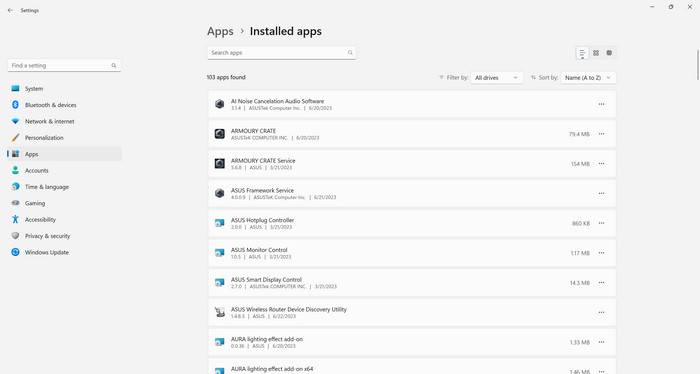JavaFX is a software platform developed by Oracle Corporation that allows developers to create and deploy rich internet applications (RIAs) that can run on various devices and platforms. It provides a set of libraries and tools for building modern, visually appealing, and interactive user interfaces for desktop, mobile, and embedded systems. However, with the ever-evolving technology landscape, some users may question whether they should remove JavaFX from their systems. In this article, we will explore what JavaFX is, its benefits, and whether it is necessary to remove it.

What is JavaFX?
JavaFX is a powerful framework that enables developers to create cross-platform applications with rich user interfaces. It was introduced by Sun Microsystems in 2007 and later acquired by Oracle Corporation. JavaFX provides a comprehensive set of APIs, tools, and libraries for building desktop, mobile, and embedded applications.
One of the key features of JavaFX is its ability to create visually appealing and interactive user interfaces. It offers a wide range of UI controls, such as buttons, text fields, tables, and charts, that can be customized and styled to match the desired look and feel of the application. JavaFX also supports multimedia and 3D graphics, allowing developers to create immersive and engaging user experiences.
Furthermore, JavaFX provides a powerful layout system that simplifies the process of arranging and positioning UI components. It supports various layout containers, such as VBox, HBox, GridPane, and BorderPane, which enable developers to create flexible and responsive user interfaces that adapt to different screen sizes and resolutions.
Benefits of JavaFX
JavaFX offers several benefits that make it a popular choice among developers:
- Rich User Interfaces: JavaFX provides a wide range of UI controls and styling options, allowing developers to create visually appealing and interactive user interfaces.
- Cross-Platform Compatibility: JavaFX applications can run on multiple platforms, including Windows, macOS, Linux, and mobile devices, without the need for major modifications.
- Integration with Java: JavaFX seamlessly integrates with the Java programming language, leveraging its robustness, scalability, and extensive ecosystem of libraries and frameworks.
- Performance: JavaFX applications are known for their high performance and responsiveness, thanks to the use of hardware acceleration and optimized rendering pipelines.
- Community Support: JavaFX has a large and active community of developers who contribute libraries, tools, and resources, making it easier to learn and solve problems.
Should I Remove JavaFX?
Whether or not you should remove JavaFX depends on your specific needs and circumstances. Here are a few scenarios where removing JavaFX might be considered:
1. Unused or Outdated:
If you have JavaFX installed on your system but do not use it or have outdated applications that rely on older versions of JavaFX, you may consider removing it to free up disk space and reduce potential security risks. However, it is important to note that removing JavaFX may break any applications that depend on it, so it is recommended to consult with the application developers or IT professionals before uninstalling.
2. Security Concerns:
If you have concerns about the security of JavaFX or have experienced security issues related to it, you may consider removing it. However, it is worth noting that JavaFX, like any software, regularly receives updates and patches to address security vulnerabilities. Keeping JavaFX up to date and scanning your system for malware using Malwarebytes Free can help mitigate security risks.
3. Performance Considerations:
In some cases, JavaFX may consume significant system resources, especially if you have older hardware or limited memory. If you notice a significant impact on system performance or experience frequent slowdowns, removing JavaFX might be worth considering. However, it is recommended to analyze the specific application causing the performance issues and explore alternative solutions before removing JavaFX entirely.
Conclusion
JavaFX is a powerful software platform that enables developers to create visually appealing and interactive applications for various platforms. It offers numerous benefits, including rich user interfaces, cross-platform compatibility, and integration with Java. Whether or not you should remove JavaFX depends on your specific needs and circumstances. If you have unused or outdated applications, security concerns, or performance considerations, removing JavaFX might be worth considering. However, it is important to consult with application developers or IT professionals before uninstalling to avoid any potential issues. Remember to keep your system secure by regularly updating JavaFX and scanning for malware using Malwarebytes Free.



